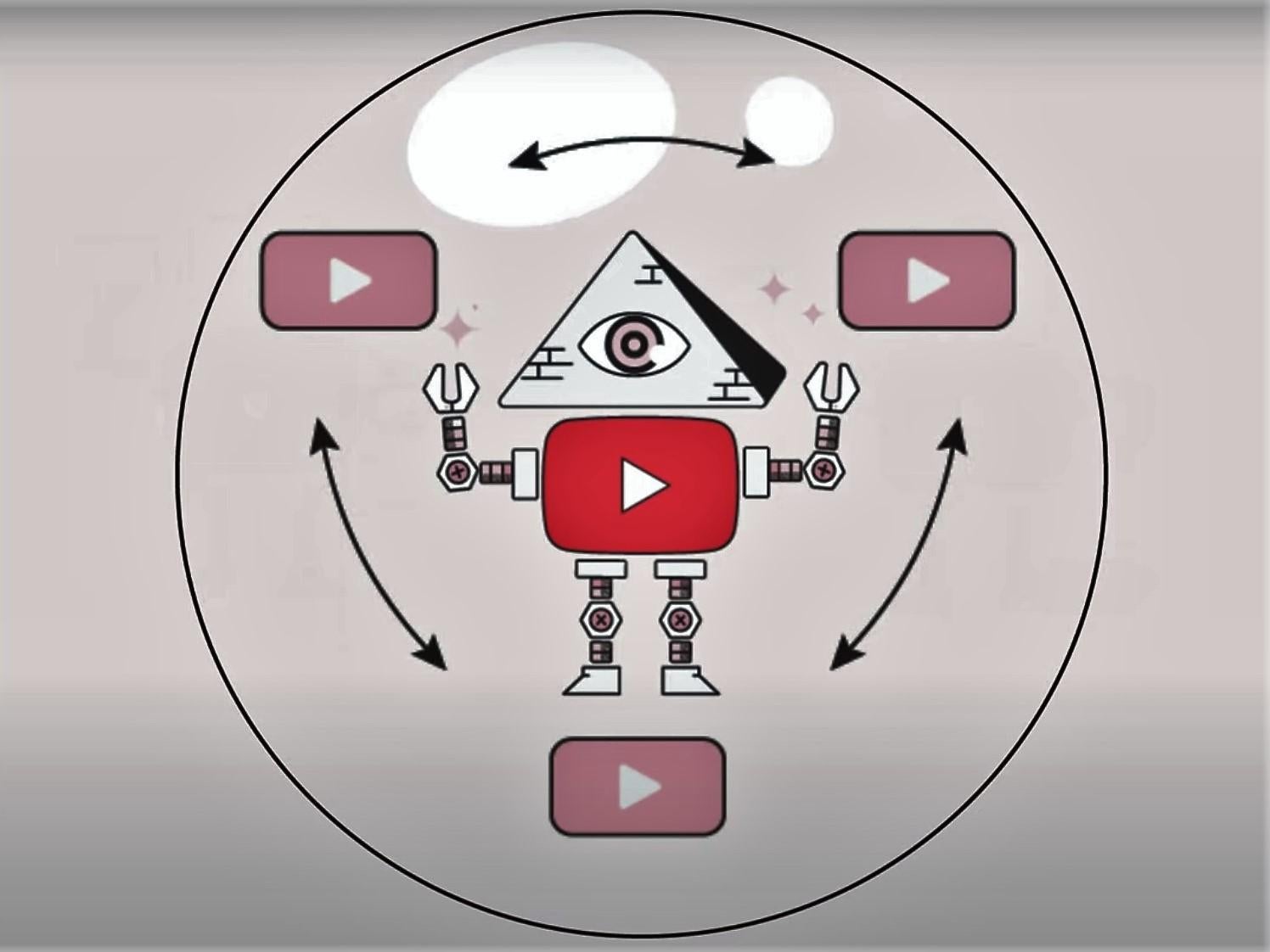Coronavirus tracked: Hundreds of deaths linked to conspiracy theories and other misinformation, study finds
Rumours encourage people to drink cleaning products, hand sanitiser and cow urine to cure Covid-19

Your support helps us to tell the story
From reproductive rights to climate change to Big Tech, The Independent is on the ground when the story is developing. Whether it's investigating the financials of Elon Musk's pro-Trump PAC or producing our latest documentary, 'The A Word', which shines a light on the American women fighting for reproductive rights, we know how important it is to parse out the facts from the messaging.
At such a critical moment in US history, we need reporters on the ground. Your donation allows us to keep sending journalists to speak to both sides of the story.
The Independent is trusted by Americans across the entire political spectrum. And unlike many other quality news outlets, we choose not to lock Americans out of our reporting and analysis with paywalls. We believe quality journalism should be available to everyone, paid for by those who can afford it.
Your support makes all the difference.Online conspiracy theories and misinformation relating to Covid-19 may have resulted in at least 800 deaths from coronavirus, new research has revealed.
The so-called “infodemic” resulted in around 5,800 people being admitted to hospital as a result of following false information on social media in the first three months of this year.
A study published in the American Journal of Tropical Medicine and Hygiene detailed examples of misleading rumours, conspiracy theories and stigma surrounding the pandemic.
Rumours include claims that drinking cleaning products, hand sanitiser or cow urine can cure coronavirus. However, the actual figure of the number of people who have died may never been known, as the underlying data acknowledges that it is unclear how many people drank adulterated alcohol for recreational purposes or as gastrointestinal “disinfectant” to prevent—or treat—COVID-19 infection.
False conspiracy theories range from fears that Covid-19 is a bio-weapon funded by Bill Gates, to accusations that Covid-19 has been engineered to damage US President Donald Trump’s chance of re-election.
The spread of online misinformation relating to the deadly virus was labelled an infodemic by the World Health Organisation (WHO) in March, who said it was “spreading faster than the virus”.
The organisation met with technology giants in an attempt to stem its spread, at a time when there were less than 100,000 confirmed cases around the world. That figure passed 20 million this week.
The study found that some of the worst hit countries in terms of case numbers – including the United States, Brazil and India – were also among the top countries plagued by online misinformation.
The researchers followed Covid-19-related misinformation circulating on online platforms, including fact-checking agency websites, Facebook, Twitter, and online newspapers, and examined their impacts on public health.
They identified 2,313 reports of rumours, stigma, and conspiracy theories in 25 languages from 87 countries.
Beyond individuals following misinformation, the researchers also uncovered cases of organisations following inappropriate and misguided advice. A church in South Korea, for example, was the source of more than 100 infections when it used a contaminated salt water pray bottle to disinfect its attendees.
Investigations by The Independent found that many of these rumours and conspiracy theories continue to circulate online, despite the crackdown by social media firms.
New conspiracy theories have also emerged and gained traction since the completion of the research, which covered the period between 31 December 2019 to 5 April 2020.
One of the most prevalent conspiracy theories is that coronavirus outbreaks are linked to the installation of 5G towers – an idea that scientists have comprehensively debunked.
“We are taking aggressive steps to stop misinformation and harmful content from spreading on our platforms and connect people to accurate information about coronavirus,” a Facebook spokesperson told The Independent.
The tech giant revealed this week that it removed over 7 million pieces of harmful misinformation related to Covid-19 on Facebook and Instagram between April and June.
The latest study concluded that more needs to be done by both private companies and public organisations in order to prevent further deaths.
"Misinformation fuelled by rumours, stigma, and conspiracy theories can have potentially severe implications on public health if prioritised over scientific guidelines," the study concludes.
"The national and international agencies, including the fact-checking agencies, should not only identify rumours and conspiracies theories and debunk them but should also engage social media companies to spread correct information."
Join our commenting forum
Join thought-provoking conversations, follow other Independent readers and see their replies
Comments